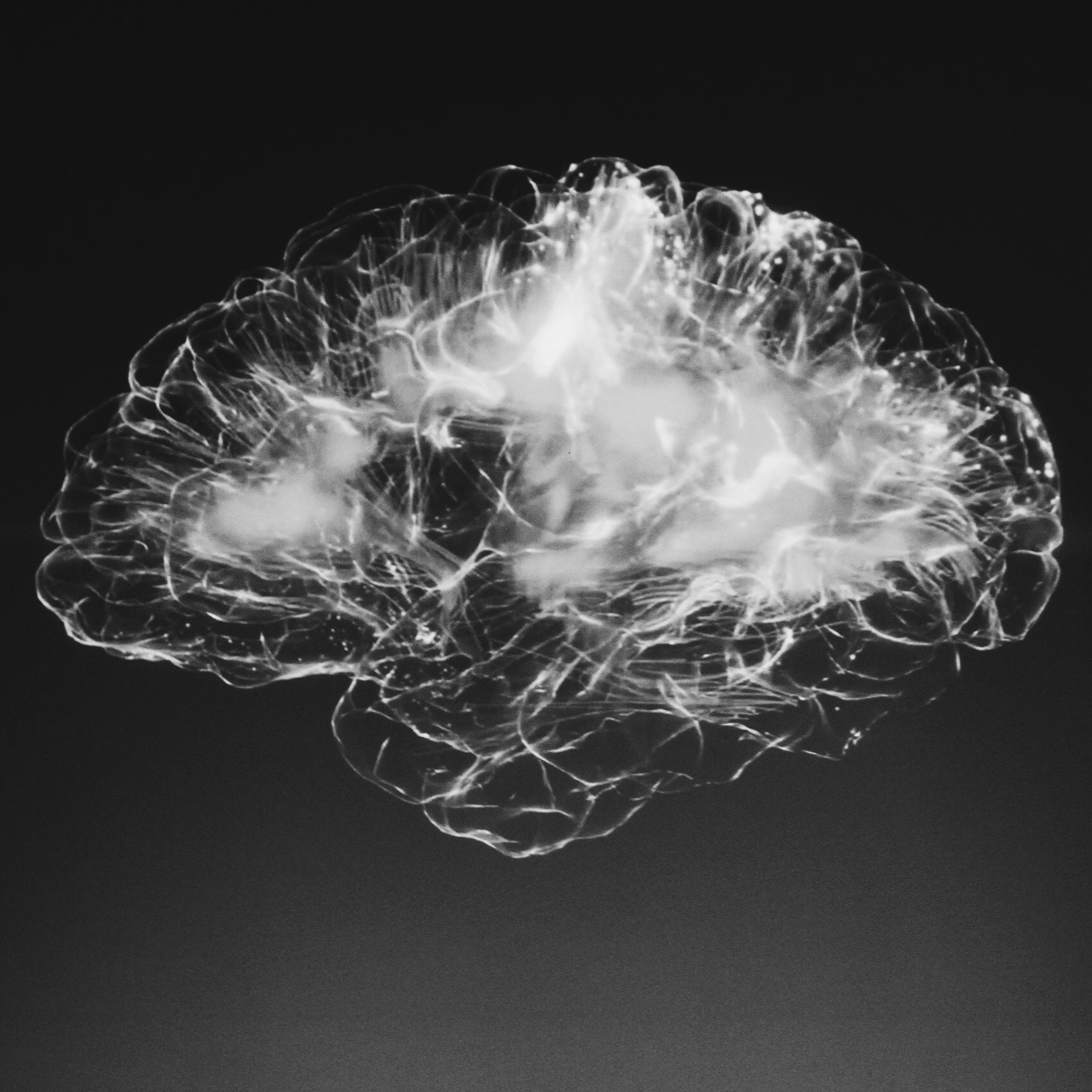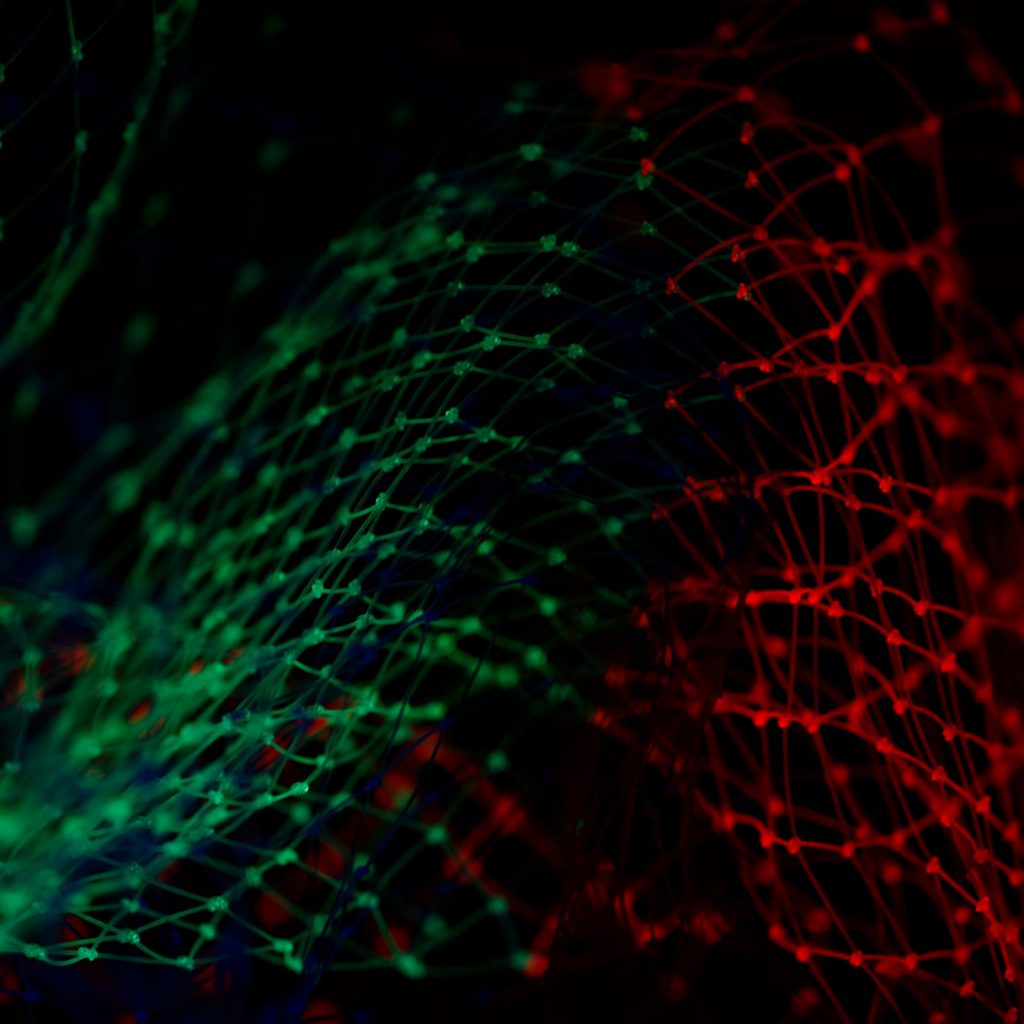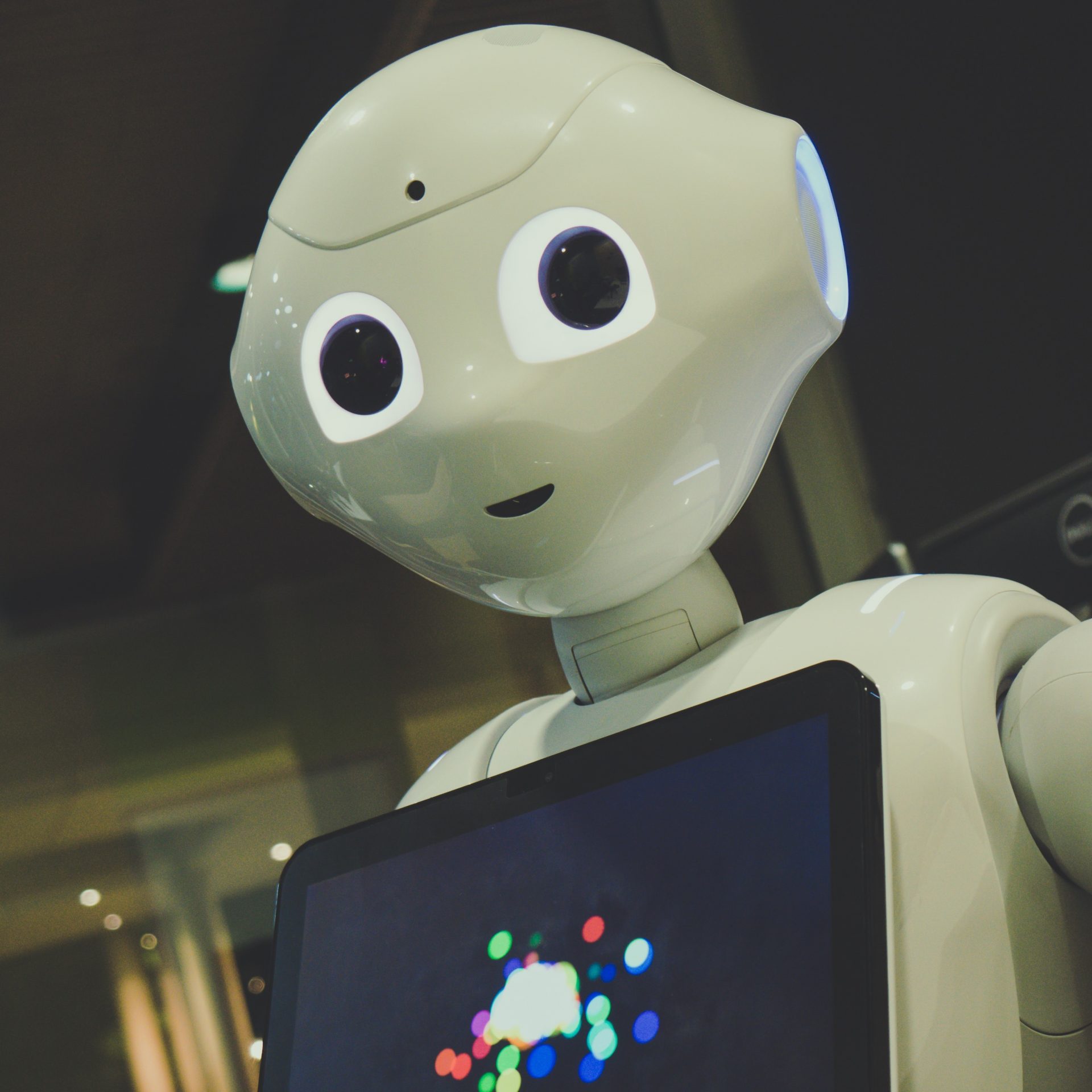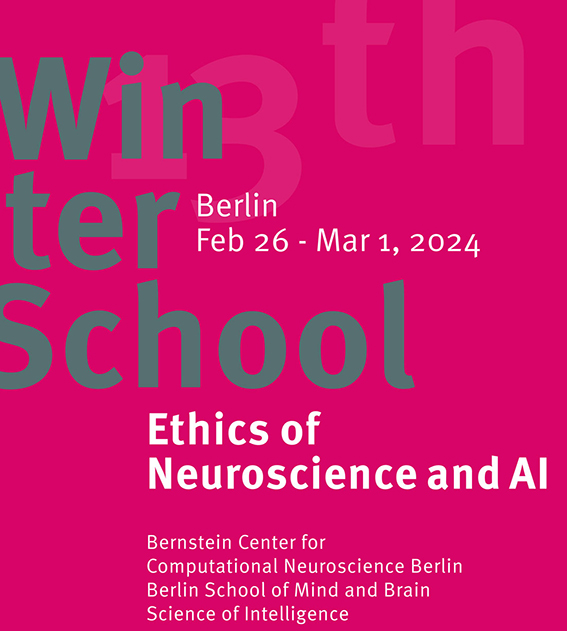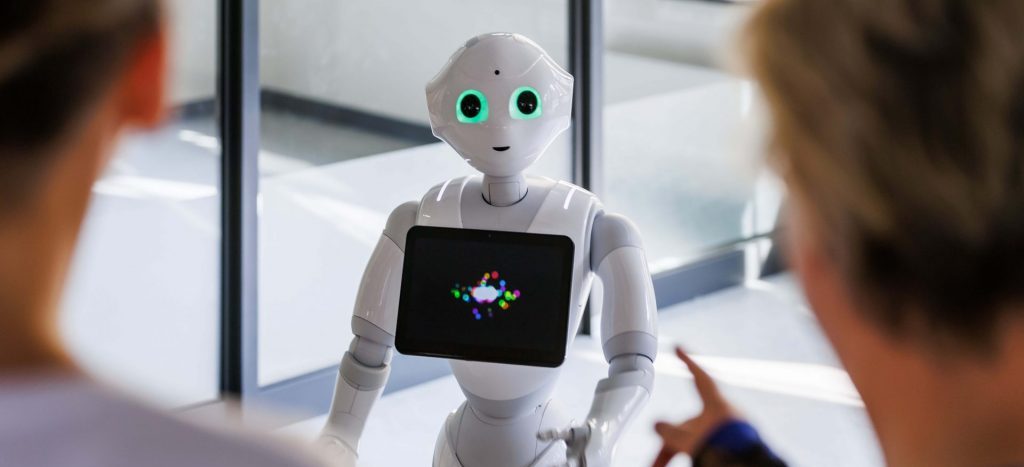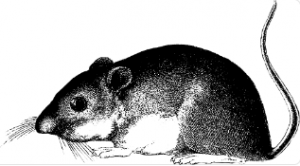
Oren Forkosh (The Hebrew University of Jerusalem), “Behavior, Personality, and Affective States of Freely Behaving Groups of Mice and Other Animals”
Behavior, Personality, and Affective States of Freely Behaving Groups of Mice and Other Animals In recent years, the study of animal behavior in neuroscience has seen a significant shift towards more naturalistic and less intrusive methods. It is under these conditions that the true spectrum of animal behavior can be exhibited, free from the artificial

